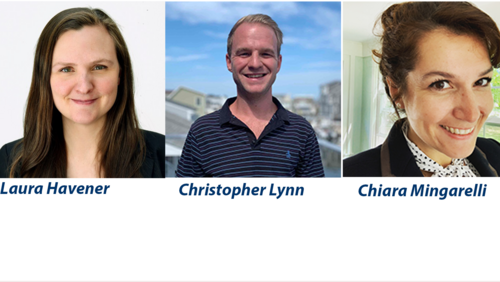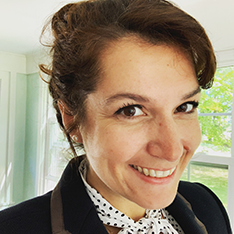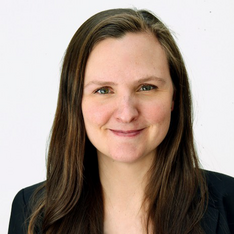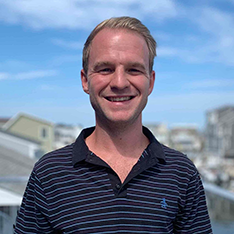
Yale Physics welcomes three new faculty members to the department: Laura Havener, Christopher Lynn, and Chiara Mingarelli. Havener and Mingarelli will officially start on July 1, and Lynn will begin on January 1, 2024. More information is below.
 Chiara M. F. Mingarelli will join Yale as an assistant professor in physics in the astrophysics group in July 2023. Mingarelli is a gravitational-wave astrophysicist. Her core research is focused on using pulsar timing arrays to detect low-frequency gravitational waves, with forays into electromagnetic counterparts to gravitational-wave events, such as fast radio bursts.
Chiara M. F. Mingarelli will join Yale as an assistant professor in physics in the astrophysics group in July 2023. Mingarelli is a gravitational-wave astrophysicist. Her core research is focused on using pulsar timing arrays to detect low-frequency gravitational waves, with forays into electromagnetic counterparts to gravitational-wave events, such as fast radio bursts.
Mingarelli models the cosmic population of supermassive black hole binary mergers. Gas and stars interact with black holes, and those interactions can leave distinctive imprints in their gravitational wave signatures. These individual systems create a gravitational wave background, and she predicts how those astrophysical signatures manifest.
Specifically, Mingarelli is best known for her work on predicting and modeling anisotropy in the gravitational-wave background (e.g. Mingarelli et al. 2013), multimessenger astrophysics (e.g. Mingarelli et al. 2017 and Xin, Mingarelli, Hazboun 2021), and extracting properties of the cosmic population of supermassive black hole binaries for the amplitude of the gravitational wave background (Casey-Clyde, Mingarelli, et al. 2022).
Previously, Mingarelli was a Marie Curie International Outgoing Fellow at the California Institute of Technology, and at the Max Planck Institute for Radio Astronomy, and a Flatiron Research Fellow. Mingarelli received her Ph.D from the University of Birmingham (UK) in 2014, where she worked with Prof. Alberto Vecchio.
 Laura Havener will become an assistant professor in physics in the Wright Lab Relativistic Heavy Ion Group (RHIG) in July 2023.
Laura Havener will become an assistant professor in physics in the Wright Lab Relativistic Heavy Ion Group (RHIG) in July 2023.
 Chris Lynn will join Yale as an assistant professor of physics, a member of the Quantitative Biology Institute, and a member of the Wu Tsai Institute in January 2024.
Chris Lynn will join Yale as an assistant professor of physics, a member of the Quantitative Biology Institute, and a member of the Wu Tsai Institute in January 2024.
Lynn aims to distill the inherent complexity of living systems (particularly the brain) to basic underlying principles. In biology and neuroscience, microscopic interactions build upon one another to produce macroscopic behaviors and impressive feats of information processing. To understand how large-scale phenomena emerge from fine-scale interactions, Lynn’s group develops theoretical insights and computational techniques that apply directly to data. Leveraging ideas from statistical physics, network science, and information theory, they investigate how collective patterns of activity and structure emerge and dynamically evolve in neural systems and study how these patterns encode, communicate, and compress information. Ultimately, Lynn’s group seeks to understand the statistical mechanics of emergence and information processing in the brain.
Lynn most recently was a James S. McDonnell Foundation Fellow at Princeton, working closely with William Bialek, Stephanie Palmer, and David Schwab to understand the emergence of irreversibility and complex structures in neural systems. Lynn received his Ph.D. in 2020 from the University of Pennsylvania, working in Dani Bassett’s lab, using network science and information theory to study human information processing in cognitive experiments. He received his undergraduate degrees in Physics and Mathematics in 2014 from Swarthmore College.